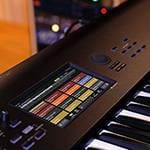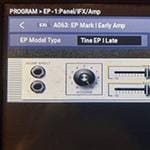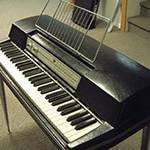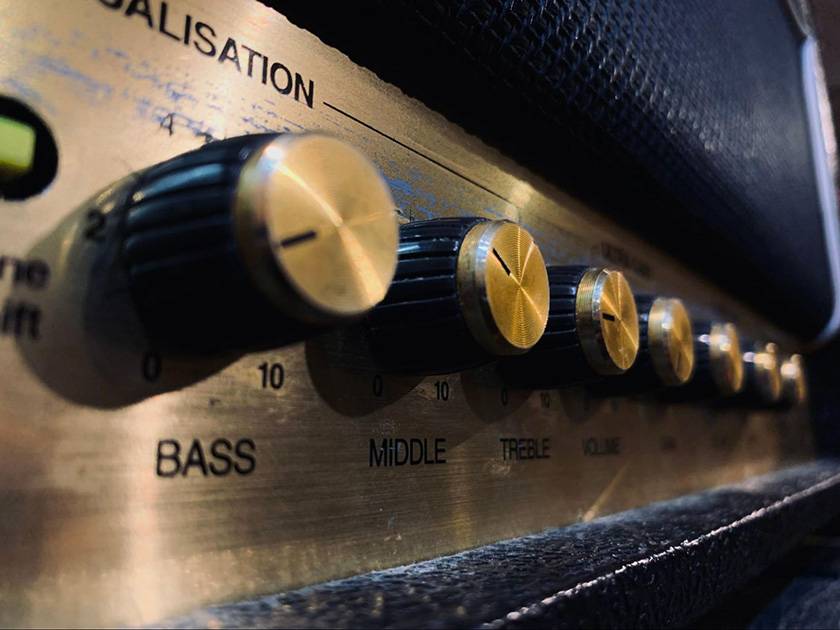
The unique culture of Japanese live houses.
Bands and musicians struggle day and night there.
The various events that take place there are not easy to describe in a black-and-white kind of way.
Like. Dislike. Fun. Boring.
I don't know what it is, but I do like it.
Actually, I'm not really interested in it to begin with.
It’s an ocean full of these contradicting emotions.
A live music club may be a harbor.
Music is a wonderful thing and I want to keep doing it.
In order to avoid losing the fun time in band activities, let me give you a little advice (makoto nikiyo shuku), as I have been working in a live music club for more than a decade and also play in a band.
I know I am biased in some ways, but please keep in mind that really I also don’t think so at that time.
It’s the most important thing in this world to respect your own feelings. Let's say it out loud.
Today I'm going to talk about “how to spend the day at a concert”.
I don't want to talk about how to get up in the morning, but I want to talk about the parts that need to be talked about more.
I want rehearsals to be meaningful.
This is it.
First of all, I think it is rare for anyone other than band members to intervene in rehearsals and production activities leading up to the day of a live performance.
However, on the day of the live performance, various “others” will appear, including the audience, band mates, and the staff of the venue (we call it a live house).
Sometimes that mix makes for a great day, and sometimes it makes for the most miserable night that you don't want to remember.
If the night is miserable, no one will want to play music anymore.
The quickest way to avoid this is probably to play a good show.
In other words, to avoid misunderstanding, get out there and give a show that you are satisfied with.
I want the rehearsal on the day of the live show to be meaningful.
I need a convincing sound for a live show that I am comfortable with.
I'm late to say this, but my job is a sound technician. I work in the PA box.
I guess I represent the “others” who intervene in the music.
I will proceed with this point of view.
During sound checks, many PAs say, “Please do one chorus for the whole band.”
This can be ignored.
Can you really monitor (analyze) the sound by playing only one chorus?
You should not order monitoring immediately after a short performance of the first half of a song, but play longer.
Please feel how the sound of that box is coming out. Let your ears get used to it.
Then you will know the sound you really want to monitor and it will be easier to get an image of how to make the midtones.
Don't stop playing.
This is actually appreciated by PAs. It gives the PA more time to concentrate on the performer's music.
Although PAs are considered to be in the business of creating good sound, it is a prerequisite that they are able to understand and interpret the music in front of them.
This is what results in good sound. So, how do you make a PA understand and interpret your music?
Yes, it is possible. You must not stop playing.
If time permits, you may feel comfortable and continue to play in a lazy way.
If that happens, think of the rehearsal as a confirmation of how good you feel.
The audience will be there for the performance.
I am sure you will feel more comfortable and give a good live performance.
If you don't mind the details, rehearsals are fine.
Those who want to take their ears a little more seriously.
As I mentioned above, it is important to first taste the outgoing sound of the place and let your ears get used to it.
How is my sound today?
How does it sound in this space?
Even if it feels cold or warm, it’s wonderful.
Anyway, you should be able to verbalize your impressions of the sound of the day.
Sound cannot exist without air.
Hearing sound is synonymous with feeling space.
It is similar to the feeling of letting out a sigh when you soak in a hot spring.
I don't think anyone gets out of the water the moment after soaking.
We are aware of the relaxation of tension and savor the relaxation of body and mind.
You will look at the pictures on the wall, or if you are in an open-air bath, you will look at the pattern of the garden.
Do you have an image in your mind that will make you feel more comfortable if you do this? I don't think so.
Back to the story.
If you are in a band, try to listen to the sounds the members make rather than your own.
It is understandable that you are anxious about your own sound.
But the truth is that your fellow band members' sounds can give you clues that can help you to eliminate your anxiety.
Is the drummer's boiling motivation or extreme nervousness causing him or her to play louder than usual?
To begin with, I wonder how the drum set in this box compares to the one in the studio where I usually practice.
No, wait, maybe it's echoing off the stage floor or the audience, making it sound like this.
No, no, that guy is still playing the best drums as usual. Then maybe this extra boom in the bass is due to my bass: ....
Oh? You can hear my guitar now that the bass has calmed down, man. I was going to turn up the volume, but I think I'll just leave it at that for now.
Yay. I feel like it’s easier to sing and I can sing better.
My vocalist sings well, after all. Okay, I'm starting to enjoy it.
Since drums are an instrument that cannot be adjusted drastically unless the entire kit is brought in, it is said that drums can easily serve as a guideline for sound creation in that particular hall.
If you listen carefully to the drums alone, the volume of the instruments can be balanced out like an equation.
Even if something sounds tinny and inaudible in the first chorus, as the song progresses, the quieter sections of the song will often sound surprisingly audible and not detrimental to the performance.
You don't have to order extra monitors.
Monitors that are too tight with extra order can interfere with the ensemble and dynamics.
Even to the audience in the auditorium, feedback monitors can be surprisingly audible and uncomfortable outside sound. ......
The same is true for feedback.
A band should never stop playing because of feedback.
A PA will never miss howling.
They will look for the answer in your performance to find out which microphone is interfering with howling.
Don't be afraid to help the PA and don't be afraid of howling.
Assuming it was a meaningful rehearsal, guitarists and bassists should never photograph the knobs on their amps or effects pedals.
Sure, it sounds good, well balanced, and the band is ready to go. But it was only a rehearsal.
Sound is a living thing that changes every minute. Recognize it as something that cannot be tamed.
Above all, the knobs on the amp pictured will make you lose your ability to think about sound.
It is like being given a fish or being taught how to fish.
A good sound at the time is only for that moment, and in the real world, the knobs as pictured may not always be correct due to all kinds of circumstances.
It is not a good idea to try the same knobs that you made in the studio the last time you were there.
The trouble is that even with the same amp, the individual differences are considerable. But that awkwardness is what makes it so endearing.
Above all, drums, vocals, and the other members of the band, who create sounds with their bodies, will never play with the same intensity as they do in rehearsal or practice.
Enjoy that fluidity in your band. Nothing is set in stone in music and bands, which are living things.
I will say it again because it is important.
Trust your ears more than pictures. Learn by ear.
If you are conscious of sound production from your daily practice, your ear ability will surely grow.
I'm not joking, but when your ear improves, your enjoyment of music will multiply many times over.
Best of all, you won't have to read such preachy advice.
I have written about all kinds of things that I like, but I believe that the simple and clear structure is that in order to achieve a great performance, you must keep playing.
Music cannot be reached by explaining it in words.
You have to keep playing.
In other words, continue to love music. Keep practicing your instrument. Keep thinking.
As long as these are meaningful times, they will continue to fascinate us in our musical lives. As there is a little pain, there is also a great deal of joy.
The “sound & person” column is made up of contributions from you.
For details about contributing, click here.






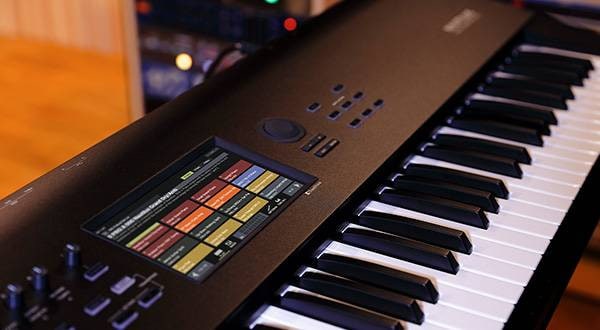
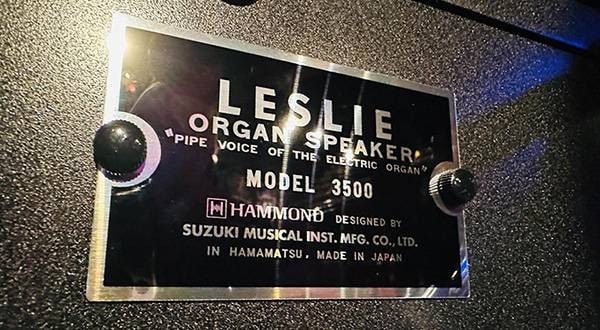
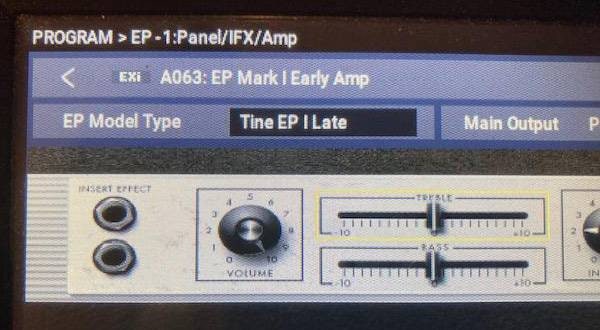
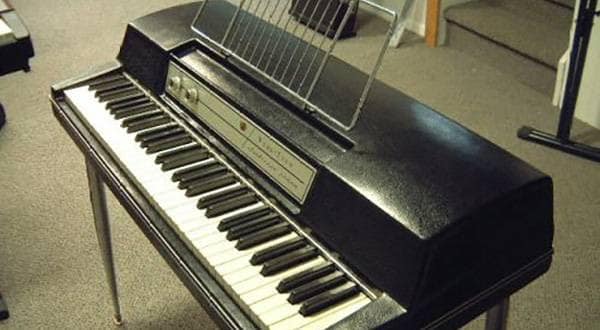
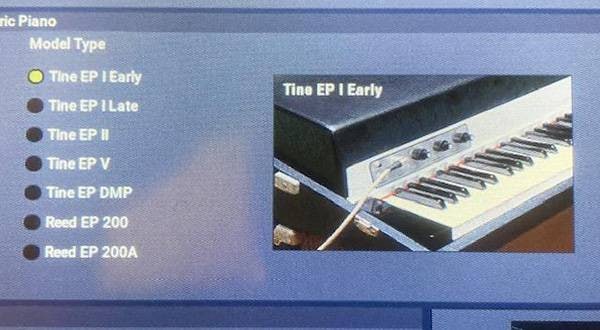

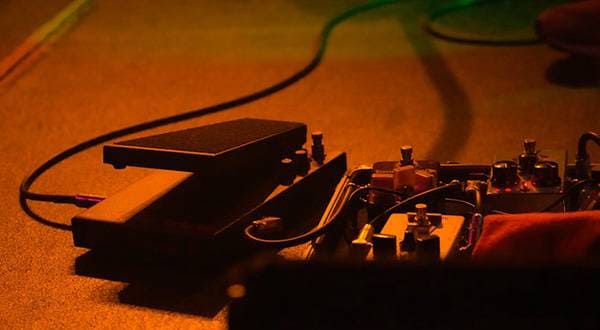




 ベーススタートガイド
ベーススタートガイド
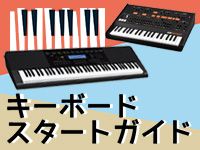 キーボードスタートガイド
キーボードスタートガイド
 ギタースタートガイド
ギタースタートガイド
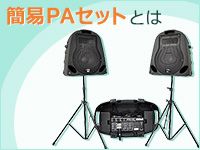 簡易PAセットとは
簡易PAセットとは
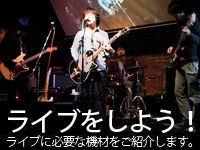 ライブをしよう!
ライブをしよう!
 PAシステム講座
PAシステム講座
